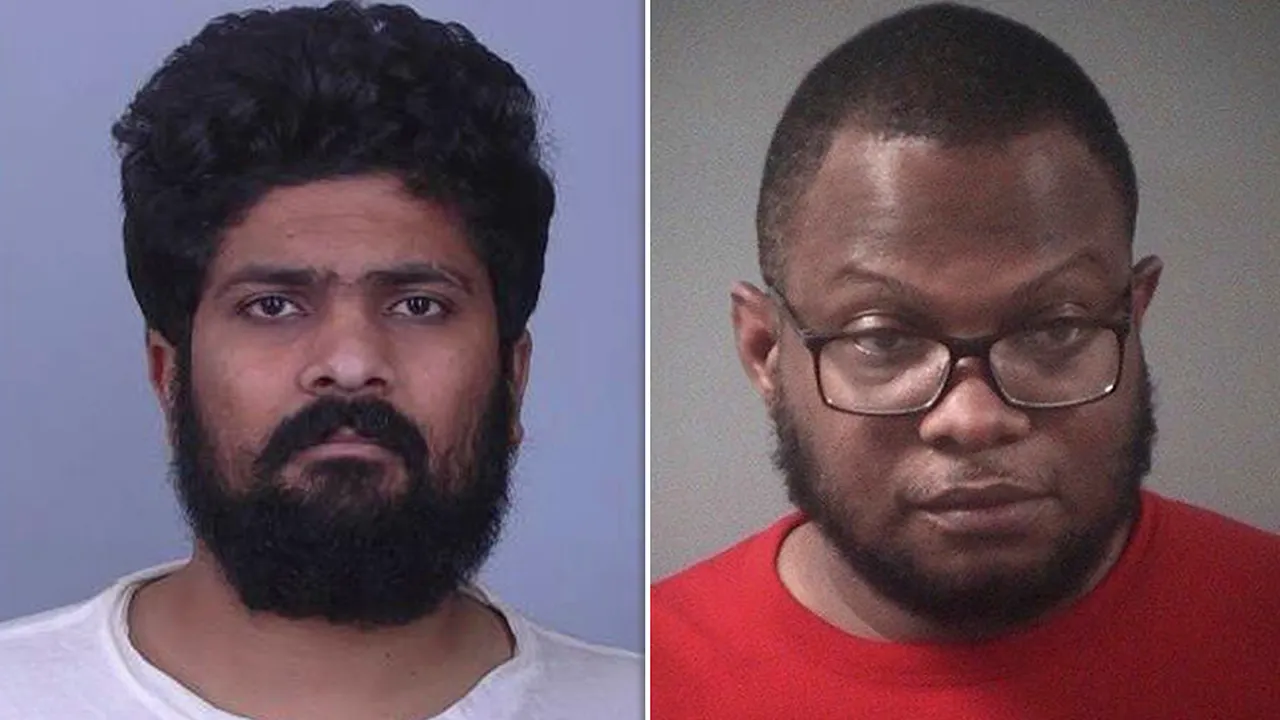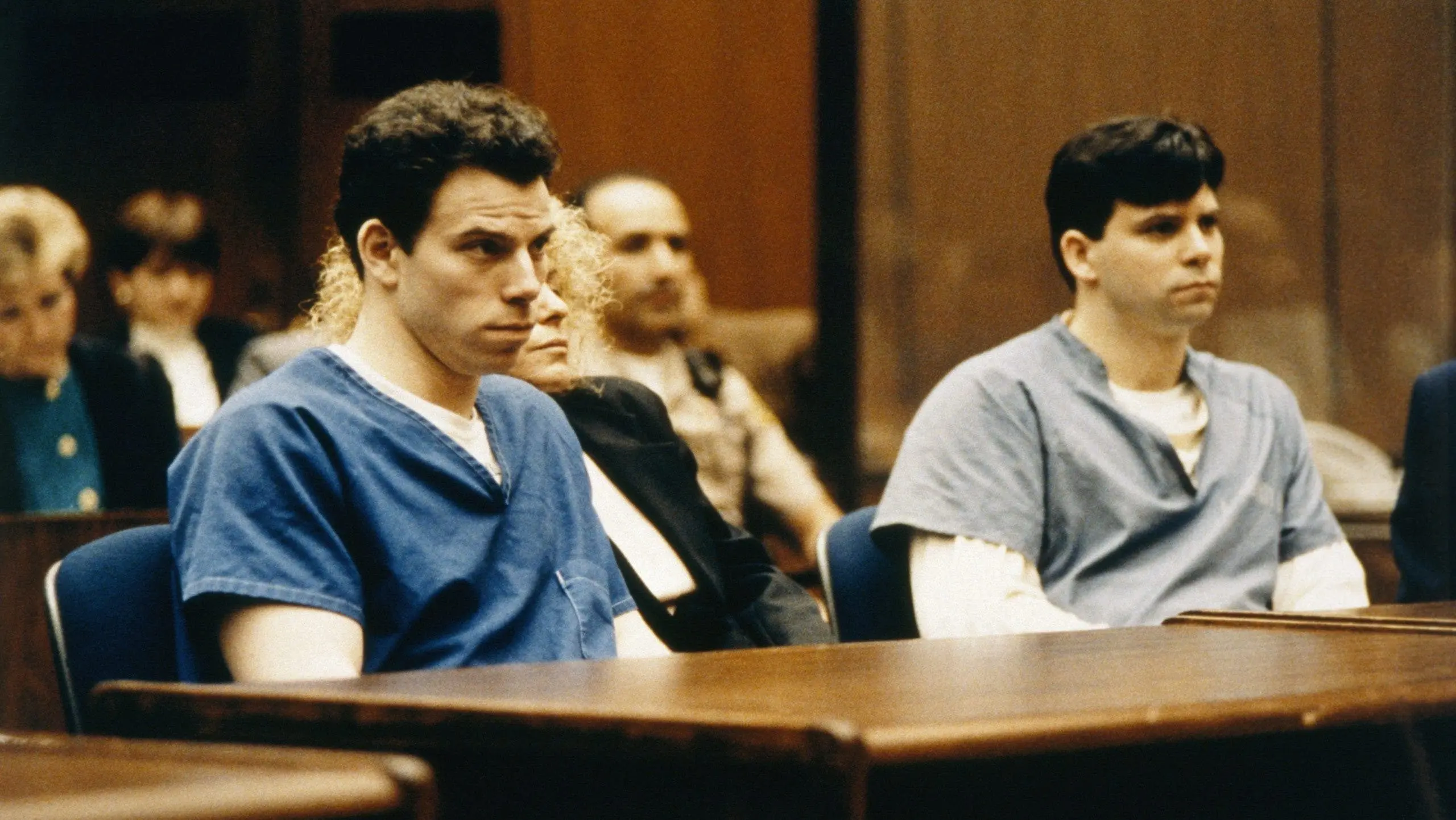M. Emmet Walsh, a paunchy and prolific character actor who was called “the poet of sleaze” by the critic Roger Ebert for his naturalistic portrayals of repellent lowlifes and miscreants, died on Tuesday in St. Albans, a small city in northern Vermont. He was 88.
His death, in a hospital, was announced by his manager, Sandy Joseph.
The most enduring praise Mr. Walsh received also came from Mr. Ebert: He coined the Stanton-Walsh Rule, which asserted that “no movie featuring either Harry Dean Stanton or M. Emmet Walsh in a supporting role can be altogether bad.”
In “Straight Time,” a 1978 film featuring both Mr. Stanton and Mr. Walsh, Mr. Walsh played a patronizing parole officer to Dustin Hoffman’s teetering ex-con. Mr. Walsh’s performance caught the eye of two brothers who aspired to be auteurs and were writing their first feature-film script.
The unknown Joel and Ethan Coen wrote the pivotal character of a detective in “Blood Simple” for Mr. Walsh. To their surprise, and despite offering little more in compensation than a per diem stipend, he accepted the role.
Reviewing “Blood Simple” for The New York Times in 1984, Janet Maslin said that Mr. Walsh had captured “a mischievousness that is perfect for the role.” Writing in Salon on the occasion of the release of Janus Films’ digital restoration in 2016, Andrew O’Hehir praised Mr. Walsh’s portrayal of a “sleazy, giggly and profoundly disturbing private detective.”
On the set, he took pleasure in hazing the neophyte directors. “Let’s cut this sophomoric stuff, it’s not N.Y.U. anymore,” Joel Coen recalled him saying, according to a Times article in 1985. “One time I asked him to do something just to humor me, and he said, ‘Joel, this whole damn movie is just to humor you.’”
After the film’s critical success — Mr. Walsh won the first Independent Spirit Award for best performance by an actor — the Coen brothers brought Mr. Walsh back for a cameo in their second movie, “Raising Arizona.”
Also in that movie, in addition to Nicolas Cage and Holly Hunter, was John Goodman, who went on to become a Coen Brothers regular — while Mr. Walsh did not. With Mr. Goodman on board, Mr. Walsh said in an interview for the Janus Films edition of “Blood Simple,” “their casting needs didn’t involve me anymore.”
Mr. Walsh was raised in rural Swanton, Vt., and attended nearby Clarkson University in northern New York State, earning a bachelor’s degree in business administration while dabbling in stage productions.
“I had a good faculty adviser up there who said, ‘Why wait to be 40 to wonder whether you should have been an actor? Get rid of it now, or find out!’” Mr. Walsh said in a 2011 interview at the Silent Movie Theater in Los Angeles. “So I went to New York.”
He was schooled in acting at the American Academy of Dramatic Arts and also, less formally, in New York theaters. Unable to afford tickets, he would slip in amid the crowd at intermission.
“There was always an empty seat. And you see everything!” he said. “I saw Annie Bancroft do ‘Miracle Worker’ with Patty Duke, probably 40 times; ‘Raisin in the Sun’ with Sidney Poitier. And I just watched them.”
Deaf in his left year since a mastoid operation when he was 3 years old, and with a clipped Vermont accent, Mr. Walsh said, “It was obvious I wasn’t going to do Shaw and Shakespeare and Molière — my speech was simply too bad.”
“People go and try to become the next Pacino,” he continued, “or the next Meryl Streep or something — they don’t want that. They want something new, something different — they want you! And actors have a hard time figuring that out. So I had to figure out who I was and what I could do, that no one else could do.”
He performed in regional theaters throughout the Northeast for most of a decade, then made his Broadway debut in “Does a Tiger Wear a Necktie?” (1969), starring Al Pacino.
A few parts in television commercials led to an uncredited role in “Midnight Cowboy” that same year. He then landed the part of the irate and incomprehensible Group G Army sergeant in Arthur Penn’s screen adaptation of Arlo Guthrie’s song “Alice’s Restaurant.”
Then came about 120 movie roles over the next five decades, and even more television parts. The critics took notice: He was a “cynical small-town sportswriter” in “Slap Shot” (1977), a “bonkers sniper” in “The Jerk” (1979), a “hard-drinking, sleazy and underhanded police veteran” in “Blade Runner” (1982) and an “unsympathetic swimming coach” in “Ordinary People” (1980).
In a 2011 profile for L.A. Weekly, the critic Nicolas Rapold called Mr. Walsh “a consummate old pro of the second-banana business.”
“My job is to come in and move the story along,” he said in the Silent Movie Theater interview. “The stars don’t do the exposition … So I come on with Redford or Newman or Dustin or somebody, and I throw the ball to them, and they throw it back, and it starts to become that tennis match, back and forth, and that’s what makes the dynamics of the whole thing.”
“And I’m driving the movie forward,” he added. “They don’t want an Emmet Walsh. They want a bus driver. They want a cop. They don’t want an Emmet Walsh cop. I just try to sublimate myself and get in there and do it.”
Mr. Walsh had confidence in his ability to deliver, and he knew how valuable that was to harried filmmakers. “You’re casting something, and you’ve got 12 problems; if they’ve got me, they only have 11 problems.”
He said that directors sought him out for his ability to elevate subpar material. “They’d say, ‘This is terrible crap — get Walsh. At least he makes it believable.’ And I got a lot of those jobs.”
Reviews reflected that. Mr. Walsh was often singled out in otherwise forgettable films — for a “good individual performance” in “The Fish That Saved Pittsburgh” (1979), as a “dependable talent” in “The Best of Times” (1986).
That is not to say he never had a miss; his performance in “Wild, Wild West” (1999) prompted Mr. Ebert to deem the Stanton-Walsh Rule “invalidated.”
In 2018, Mr. Walsh’s “Blade Runner” co-star, Harrison Ford, inducted him into the Character Actor Hall of Fame. At that same ceremony, he was honored with the Chairman’s Lifetime Achievement award.
He continued acting in recent years, including in the 2019 movie “Knives Out” and in a 2022 episode of the Showtime series “American Gigolo.”
Mr. Walsh leaves no immediate survivors. He lived in St. Albans and in Culver City, Calif.
Of his own body of work, he told the comedian Gilbert Gottfried in a 2018 episode of his podcast: “There’s a lot of stuff out there. They’re not all ‘Hamlet.’ But I’m not ashamed of any of it.”
“The parts are all your children,” Mr. Walsh said in a 1989 interview with the trade newspaper Drama-Logue. “They’ll be my epitaph when they throw in that last shovelful of dirt.”
Alex Traub contributed reporting.






